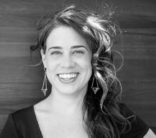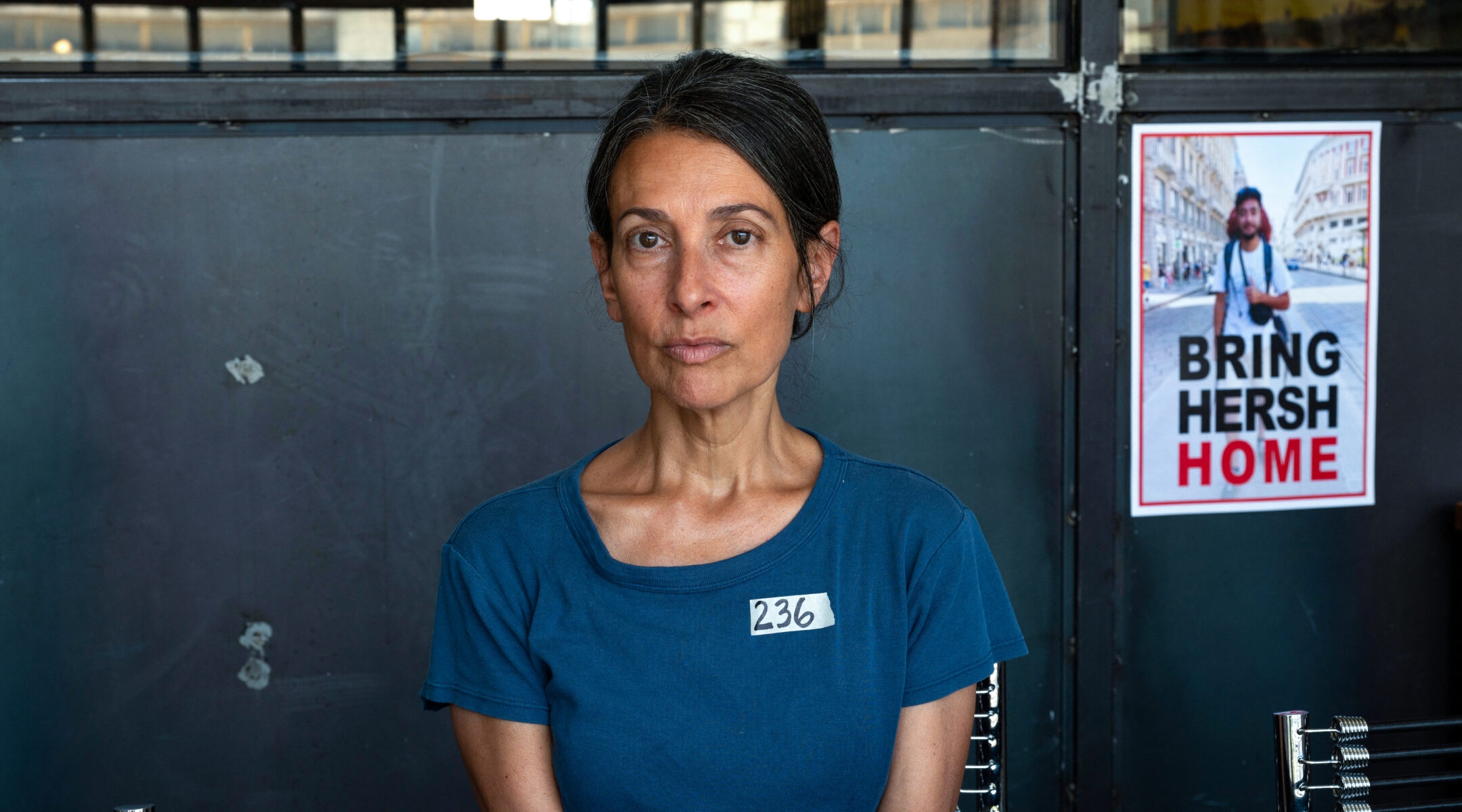Late Saturday night, after Shabbat was over, my texts lit up with messages from other Jewish mothers. Like every night for the past 330 days, we were all holding each other up. A grieving mass of women, bodies that brought Jewish souls to earth. My messages were from Australia, Israel and New Jersey, from Los Angeles and nearby in Berkeley. They said one thing, over and over:
Hersh.
Hersh.
Hersh.
As more news broke the names piled up:
Eden, Eden, Eden. Carmel, Carmel, Carmel. Almog, Almog, Almog. Alex, Alex, Alex. Ori, Ori, Ori.
We were adrift in a sea of pain. We were checking our children’s sleeping faces, kissing them, reminding ourselves that right now in this moment, they were here with us. But knowing, in a way that we’ll never be able to unsee, that the world turned their back as Jews died.
And then we learned that the six hostages were executed in cold blood. That they’d survived more than 300 days of hell, only to face the cold terror of evil and death alone.
Hersh Goldberg-Polin was one of too many. He was a 23-year-old American-Israeli civilian, and became one of the faces of the movement to bring the hostages home. He was American — young, vibrant, kind, full of life, hopeful for peace. But he also had a quintessentially Jewish mother, a woman named for a matriarch — one who did the impossible, the unimaginable.
Rachel Goldberg-Polin got up every morning, not knowing if her son was alive or dead, and fought. She recited the priestly benediction for her son after she woke. She met with world leaders. She put a piece of masking tape on her chest each morning, counting the days he’d been gone. She asked all of us to speak up, to care, to not give in to hate, to fight for love.
When I was pregnant the first time, I imagined having a girl. I’d grown up in a house full of girls, and I’d always surrounded myself with other women. I understood being a daughter, and having one was easy to imagine. I was laying on the table in the exam room when I found out we were having a boy, and my eyes filled with tears. I didn’t know what it would be like to have a son; I didn’t have a way to comprehend it. My husband leaned over to me, grabbed my hand, wiped my face and told me, “Sons are special. For them, the sun rises and sets in their mothers eyes.” Then he laughed and said, “For Jewish boys, that goes double.”
He was right. We have two beautiful children who I love with my whole heart. My daughter is brave and ferocious, my tiny mirror. But since the moment he was born, my son has been devoted. He would go to the ends of the earth for me, and I for him. Like a good Jew, he ends every day with an argument, saying, “I love you more than you’ll ever love me. Even though you don’t believe it, I’m right.”
For 330 days, we witnessed Rachel Goldberg-Polin show the world the love between a Jewish mother and son. We saw her break down at the Democratic National Convention, but then stand up again and speak. Just this week we saw her scream her son’s name, voice breaking on the Gaza border. “Hersh,” she yelled, the pain clawing out of her chest, “It’s Mama.” We now know that those hours were likely some of his last. As his time was ending on this earth, what we heard was a mother’s love crying out.
A matriarch. A force. A lioness. A Jewish mother.
Tonight I will push my children’s hair off their faces in bed, smother them with kisses and know that my job in this world is to keep them safe, know that while much of the world may have turned our back on us, our tribe, our people, are always with us.
I will pray for peace. For them. For all of Israel. For all who mourn in Zion. For the world. For Rachel and Jon. For the family members of all of the hostages, living and dead. And for every Jewish mother in the world, fighting to keep her head above the gray sea of despair. Knowing that to the very last, we have each other.
And then I will go back to my own bed, and my texts will light up, with messages from other Jewish mothers, spread out all over the world. “How are you?” they will say. “How did you get through the day? How will you get through tomorrow?”
And the answer will be the same as it’s been every day since Oct. 7, every day since Sinai.
Together.
JTA has documented Jewish history in real-time for over a century. Keep our journalism strong by joining us in supporting independent, award-winning reporting.







